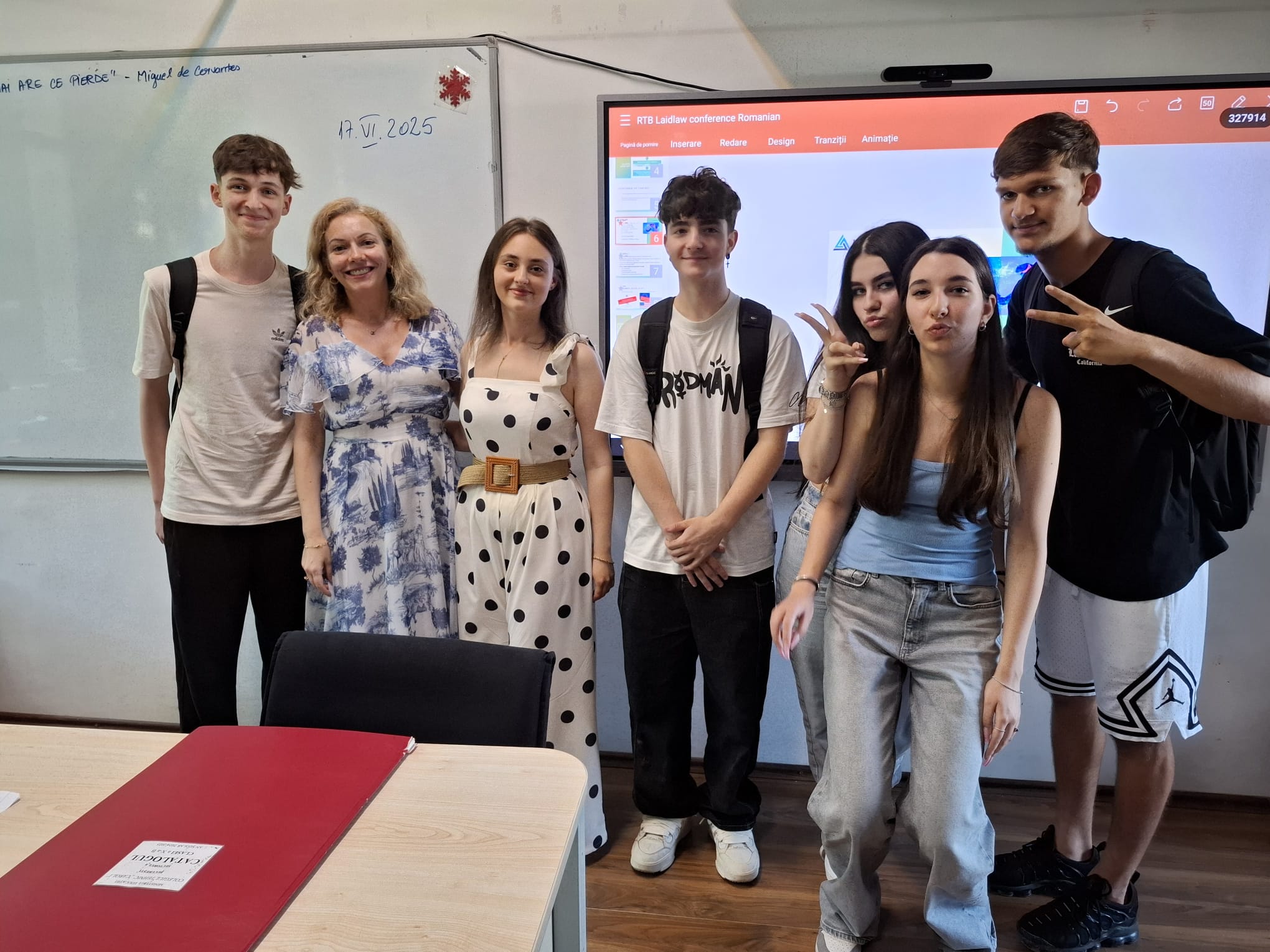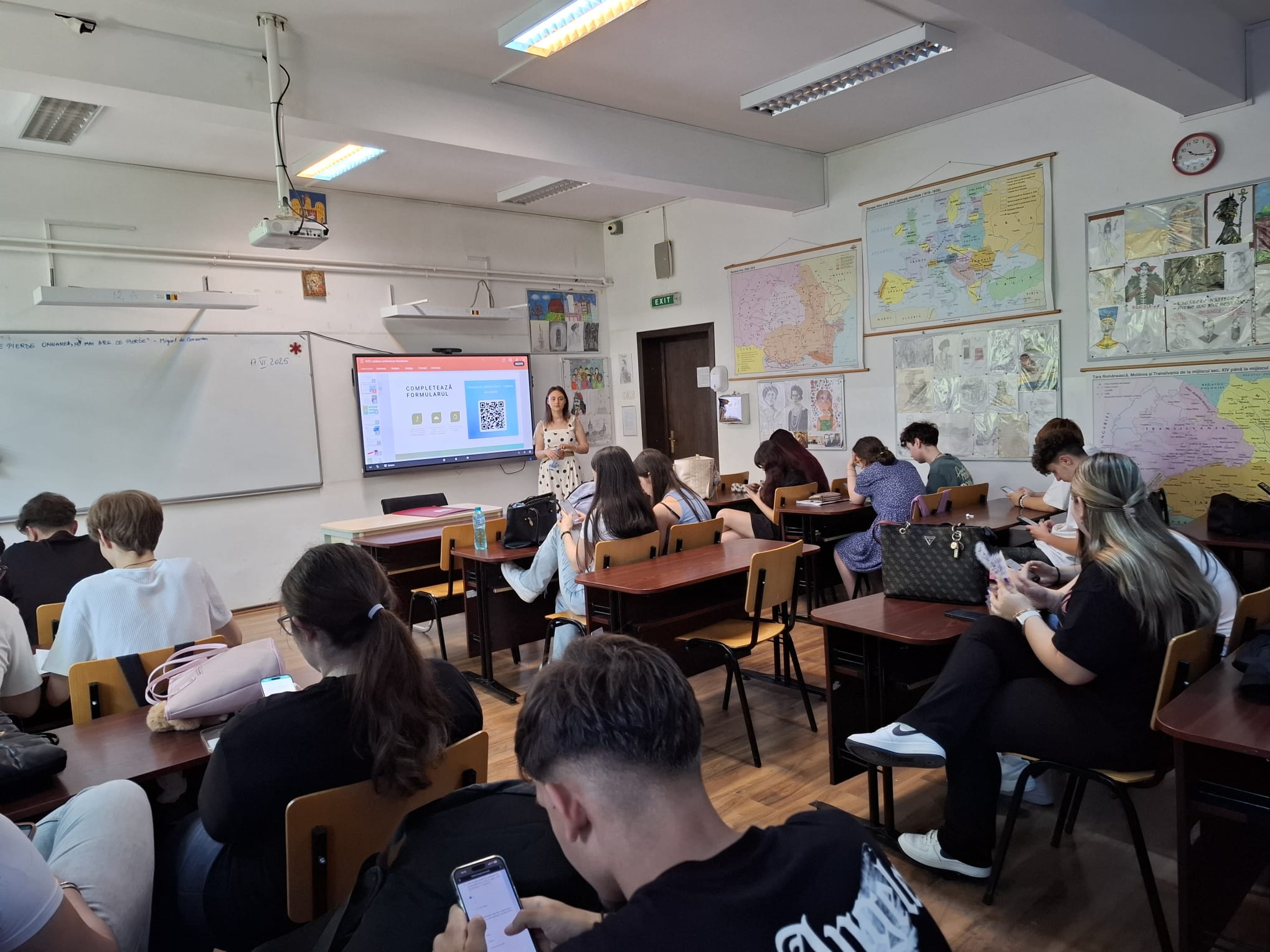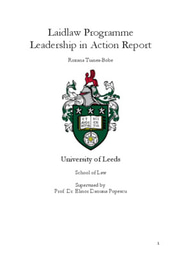Strengthening Legal Safeguards for Children in Real-life and Immersive Online Environments: My Leadership-in-Action Experience in Romania
This summer I had the opportunity to carry out my Leadership-in-Action project in Romania, working on the intersection of law, technology, and child protection. My project, Strengthening Legal Safeguards for Children in Real-life and Immersive Online Environments, focused on a pressing but often overlooked issue: the risks of both real-life and virtual sexual assault faced by young people.
Over six weeks in Bucharest and Târgoviște, I designed and piloted bilingual (Romanian and English) educational resource packs for schools, aimed at teenagers. These packs included presentations, handouts, and teacher guides on consent, boundaries, and safety in both physical and digital environments. I also consulted with Romanian lawyers, police officers, and educators to ensure the materials were legally accurate, culturally appropriate, and practically usable.
Delivering workshops in local schools was one of the most eye-opening experiences of the project. Students debated questions such as whether 'things that happen in virtual reality really count' and reflected on the emotional harm caused by online harassment. For many, it was the first time they had been encouraged to think critically about the risks of immersive online spaces. Teachers told me that they often avoided these conversations because of a lack of resources and cultural beliefs.
The project was not without its challenges. Coordinating with legal professionals and persuading schools to host workshops on such a sensitive subject required persistence and cultural sensitivity. Yet these obstacles taught me a great deal about resilience, collaboration, and adaptability. I learned that leadership often means meeting people where they are, listening carefully to concerns, and framing ideas in ways that resonate with different audiences.
On a personal level, this project has been transformative. It pushed me to translate complex legal concepts into accessible language, to navigate cultural stigma around sexual assault, and to take responsibility for leading change in unfamiliar environments. It also deepened my passion for pursuing a career at the intersection of child protection, human rights, and technology law.
Perhaps most importantly, the project has a sustainable legacy. The resource packs can now be used independently by schools and NGOs. I will continue working on distributing these resources across Romania, and reach an even larger impact.
I am deeply grateful to my host organisation, Colegiul Tehnic Carol I Bucharest, to my supervisor, Dr Elinor Popescu, and to the students, teachers, and professionals who engaged so openly with my work. The LiA experience reminded me that leadership is not about imposing solutions but about listening, adapting, and empowering others, lessons that will stay with me as I continue my academic and professional journey.
If anyone in the Laidlaw community is working on issues around child safeguarding, online harms, or education in digital environments, I would love to connect and exchange ideas.





Please sign in
If you are a registered user on Laidlaw Scholars Network, please sign in